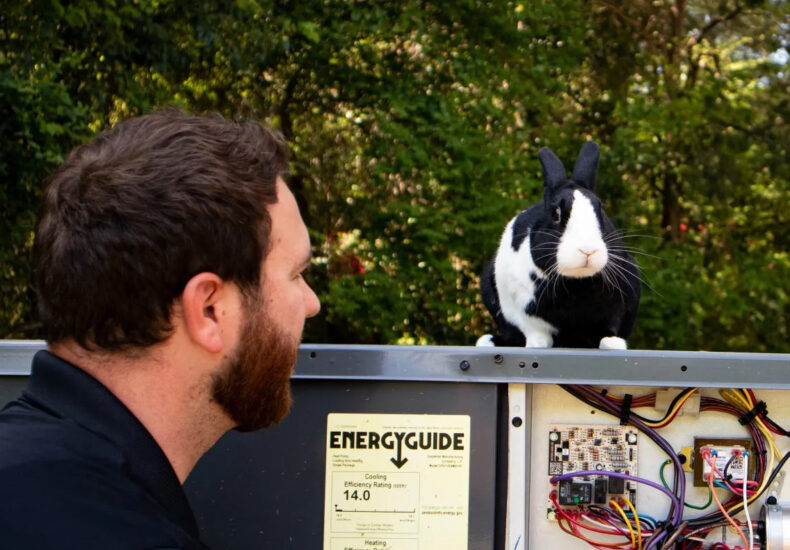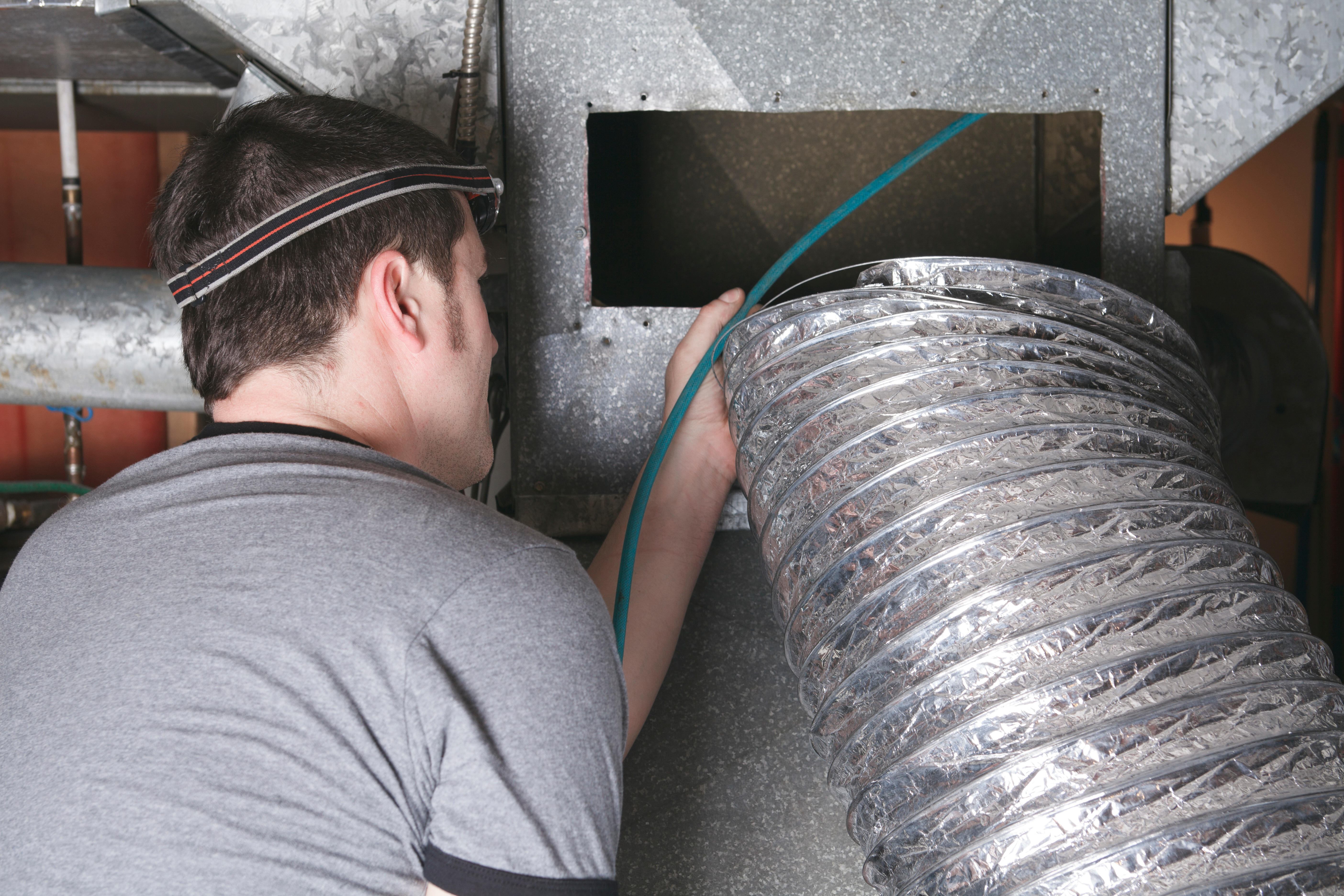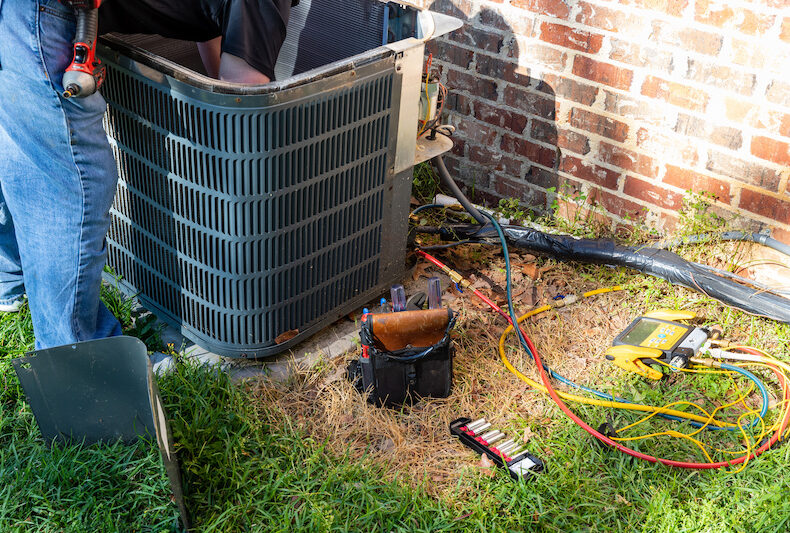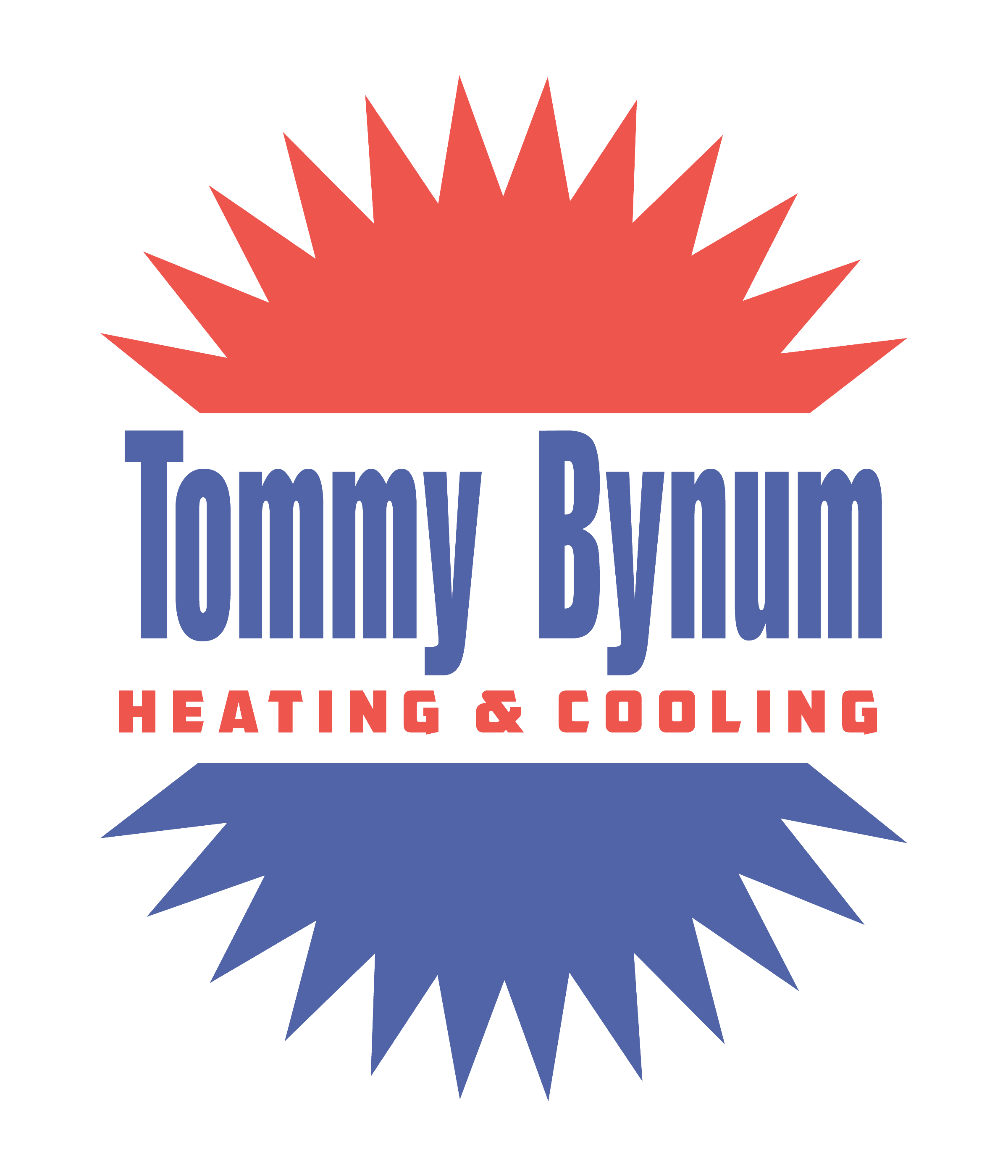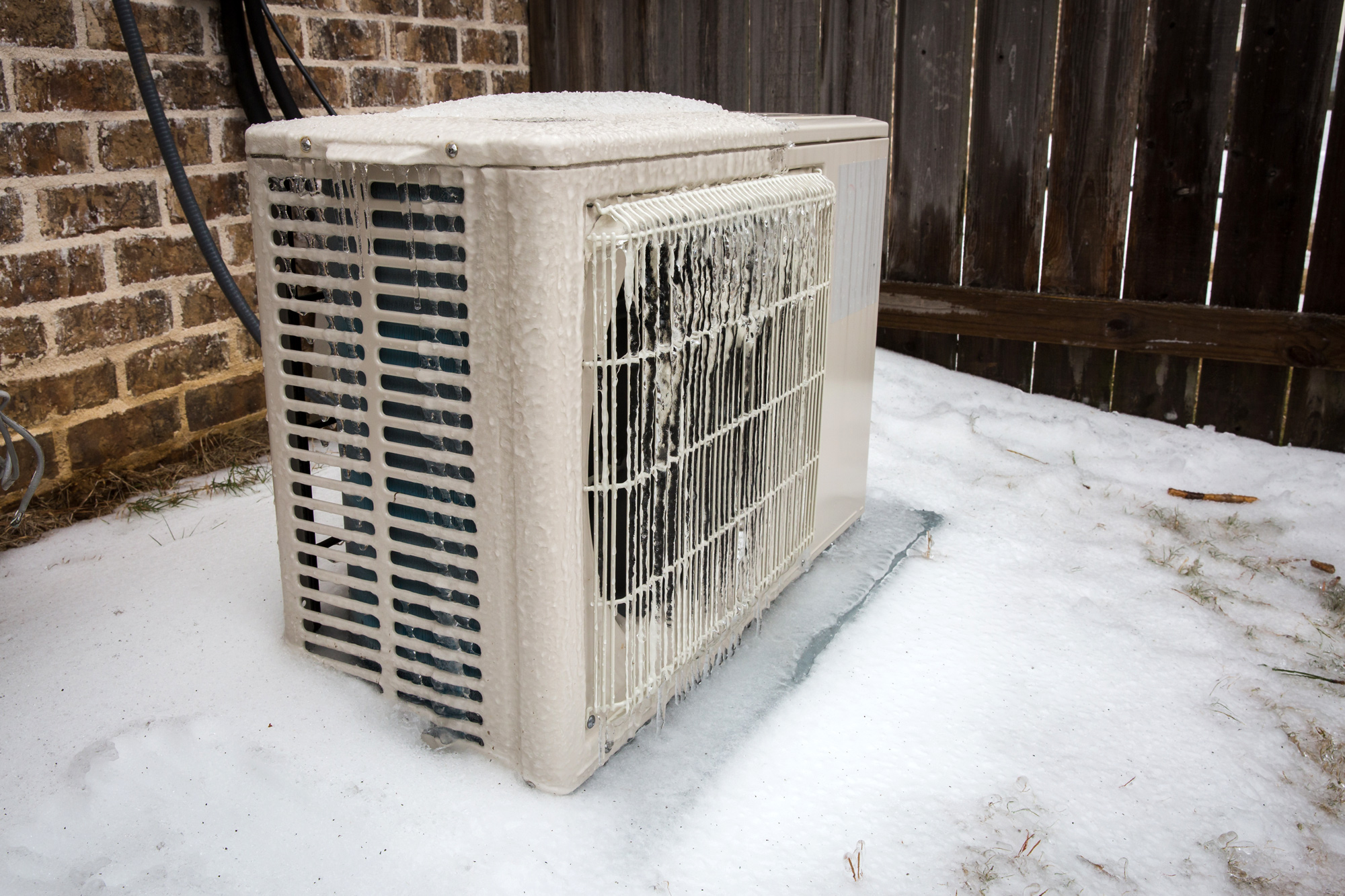
When your heating system starts acting up, you’re faced with a crucial decision: should you repair it or invest in a replacement? At Tommy Bynum Heating & Cooling, we’ve helped countless homeowners make this decision, ensuring their homes stay comfortable while balancing costs and long-term value. If you’re wondering what’s best for your situation, let’s break down the factors to consider so you can make an informed choice.
Assessing the Age of Your Heating System
The age of your heating system is one of the most critical factors in determining whether to repair or replace it. Heating systems have finite lifespans:
- Furnaces typically last 15 to 20 years.
- Heat Pumps generally operate efficiently for about 10 to 15 years.
If your system is nearing or has exceeded these ranges, it’s often more cost-effective to replace it. Older systems not only experience wear and tear but also fall behind modern efficiency standards. Even with repairs, aging systems often fail to deliver the same comfort and efficiency as a new unit, leaving you with rising energy bills and unreliable performance.
Evaluating Repair Costs: The 50% Rule
Repair costs can be a significant factor in your decision. As a rule of thumb:
- If repair costs are less than 50% of the price of a new system, and the unit is relatively young, repairing may be the right call.
- However, if repair expenses exceed 50% of the cost of replacement, it’s usually wiser to invest in a new system.
Think of it this way: continual repairs can be like patching a sinking boat—eventually, you’ll spend more than it’s worth. By replacing an outdated or heavily damaged system, you can avoid the cycle of repairs and enjoy the benefits of a more reliable, efficient unit.
Energy Efficiency and Rising Utility Bills
Heating technology has come a long way, and modern systems are far more efficient than those built even a decade ago. If you’ve noticed a steady rise in your energy bills, despite routine maintenance and consistent usage, your heating system may be struggling to operate efficiently. Common signs of inefficiency include:
- Running for longer cycles to maintain your desired temperature.
- Increased noise levels during operation.
- Hot or cold spots in your home.
Upgrading to a new system can significantly lower energy costs and reduce your carbon footprint. Many homeowners find that the savings from improved efficiency help offset the upfront cost of replacement over time.
Frequency of Repairs
How often are you calling for heating system repairs? If the answer is “too often,” it’s a red flag. An occasional repair is normal, but frequent breakdowns can add up quickly. Signs that it’s time to replace include:
- Needing repairs more than once a season.
- Repeat issues, even after repairs.
- Components like the blower motor, heat exchanger, or compressor failing one after the other.
While it’s tempting to keep fixing what you have, these expenses can quickly outpace the cost of a new system. Additionally, constant repairs don’t address the core issue—your system’s overall decline in reliability and performance.
Comfort and Heating Performance
Your heating system should keep your home consistently comfortable. If you’re noticing uneven heating—such as certain rooms feeling too cold while others are too warm—it’s a sign your system may be struggling. Similarly, if your heater struggles to maintain your desired temperature on particularly cold days, it might be time to replace it.
Newer heating systems come equipped with advanced features like variable-speed blowers and zoned heating capabilities, ensuring even and efficient heating throughout your home.
The Environmental Factor
As heating systems age, they often become less environmentally friendly. Older systems may:
- Burn fuel less efficiently.
- Emit higher levels of pollutants.
- Use outdated refrigerants that harm the environment.
Upgrading to a modern system means you’re choosing a more sustainable option. Today’s high-efficiency units not only lower energy consumption but also meet stricter environmental standards, helping reduce your home’s carbon footprint.
When to Choose Repairs
Repairs are often the best option in these scenarios:
- The system is relatively new: If your heating system is less than 10 years old and has been well-maintained, repairs can often restore it to optimal performance.
- The issue is minor: Problems like a clogged air filter, a malfunctioning thermostat, or worn-out parts are often quick and cost-effective to address.
- Your budget is tight: When replacing the system isn’t feasible right now, repairs can buy you time to save for a replacement.
When to Opt for Replacement
Replacement is typically the better choice if:
- The system is over 15 years old, especially if it’s a furnace or heat pump.
- You’re planning to sell your home soon: A new heating system can be a strong selling point for buyers.
- You’re dealing with outdated technology: Replacing an old, inefficient system with a high-efficiency model can drastically reduce energy bills and improve comfort.
Why Choose Tommy Bynum Heating & Cooling?
At Tommy Bynum Heating & Cooling, we’re committed to helping you make the best decision for your home and budget. Our experienced technicians will:
- Perform a thorough assessment of your current heating system.
- Provide transparent, upfront pricing for both repair and replacement options.
- Recommend solutions tailored to your home’s unique needs.
We’re proud to serve our community with honesty, expertise, and top-notch customer service. Whether you choose to repair or replace your system, you can count on us to deliver results you’ll feel all winter long.
Final Thoughts
Deciding whether to repair or replace your heating system doesn’t have to be stressful. By considering factors like age, repair costs, energy efficiency, and comfort, you can make a choice that keeps your home warm and your wallet happy. If you’re unsure, let Tommy Bynum Heating & Cooling guide you. Our team is here to answer your questions and ensure your home stays cozy for years to come.
Schedule Your Service Today!
Ready to explore your options? Contact Tommy Bynum Heating & Cooling for professional advice and expert service. Call us or schedule an appointment online today!
